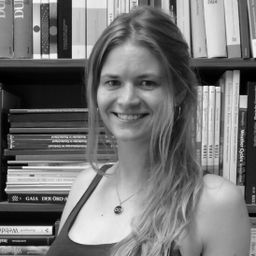Dendroprovenancing with machine learning – a new approach to reveal the original growth site of historical timber
My Session Status
Dendroclimatological reconstructions are often extended into the past with wood from historical buildings. However, the varying, though frequently unknown origin of timbers not only affects the growth rate but also the climate response of individual tree-ring samples. We tested nine supervised machine learning algorithms for the geographical provenancing of 99 historical tree-ring samples. We sampled 143 living larch (Larix decidua Mill) trees at seven sites along an elevational gradient from 1400-2200 m asl in the European Alps. We measured tree-ring width and density to parametrise state-of-the-art classification models. A tree-ring width model (RWM_gen), a density model (DM_gen), and two larch-specific models including the larch budmoth influence (RWM_sp, DM_sp) were trained. From the nine tested machine learning algorithms, Extreme Gradient Boosting showed the best performance. The density-based DM models work better than the ring width models with the DM_sp reaching the highest score. The performance metrics of each elevational class reveal that the DM_sp also executes best within classes and especially high, temperature sensitive classes show very high accuracy. The application of the DM_sp enabled us to sort the historical series with high confidence to elevations. The most important advantage of our approach using density-based machine learning models is that a common period between living and historical data is not required for provenancing and thus will help to improve the reliability of millennium-length climate reconstructions.

Discussion